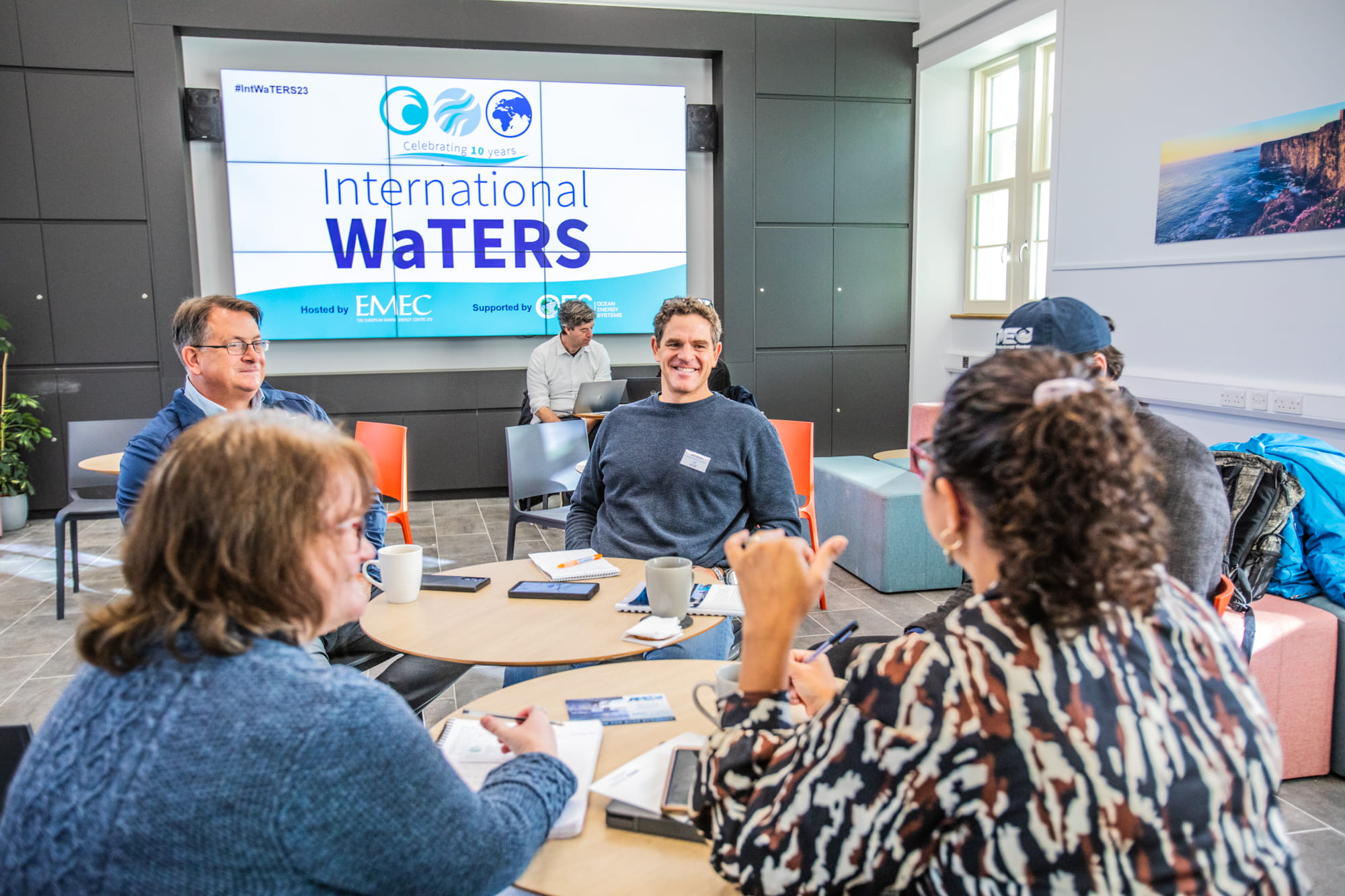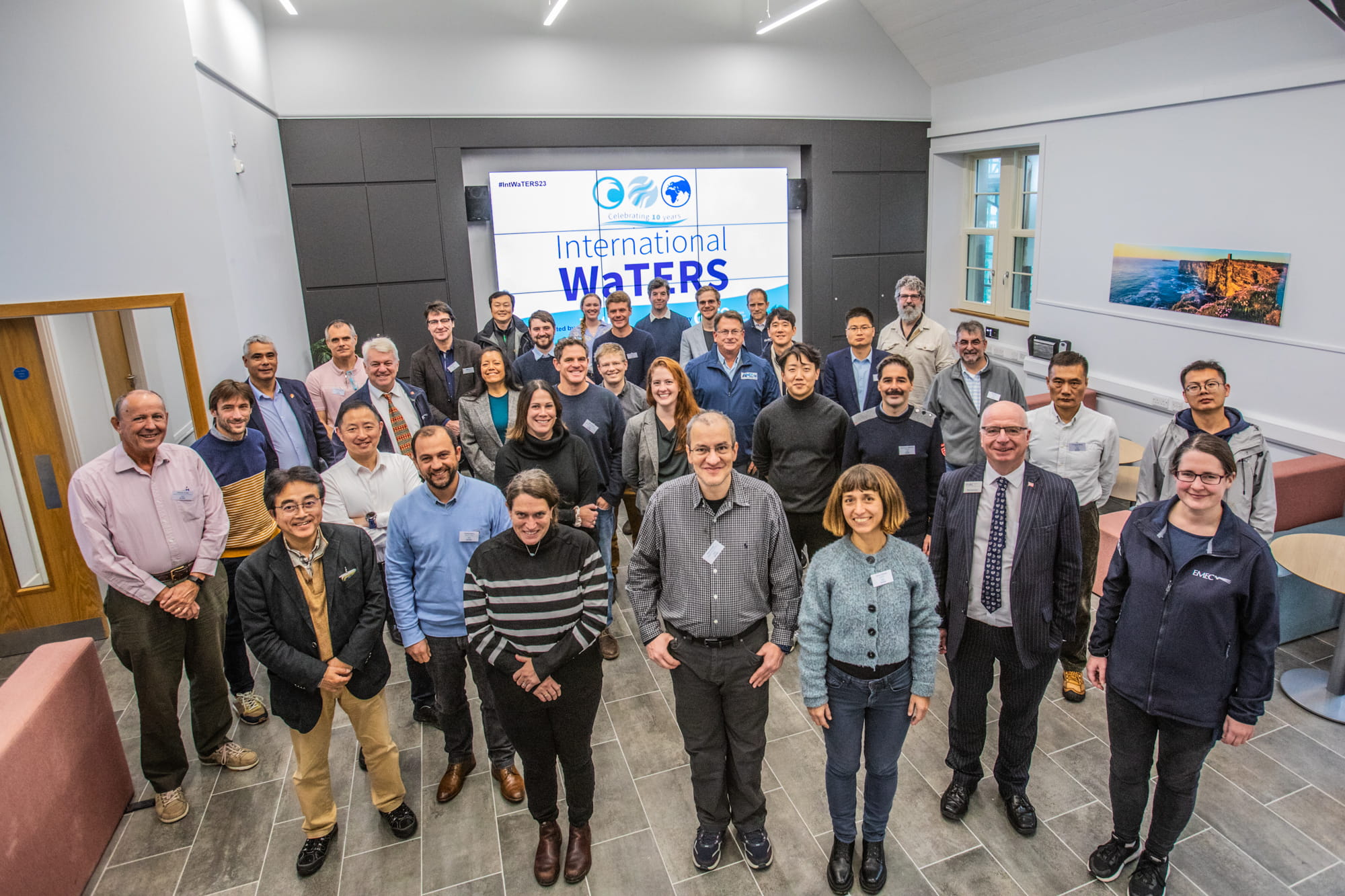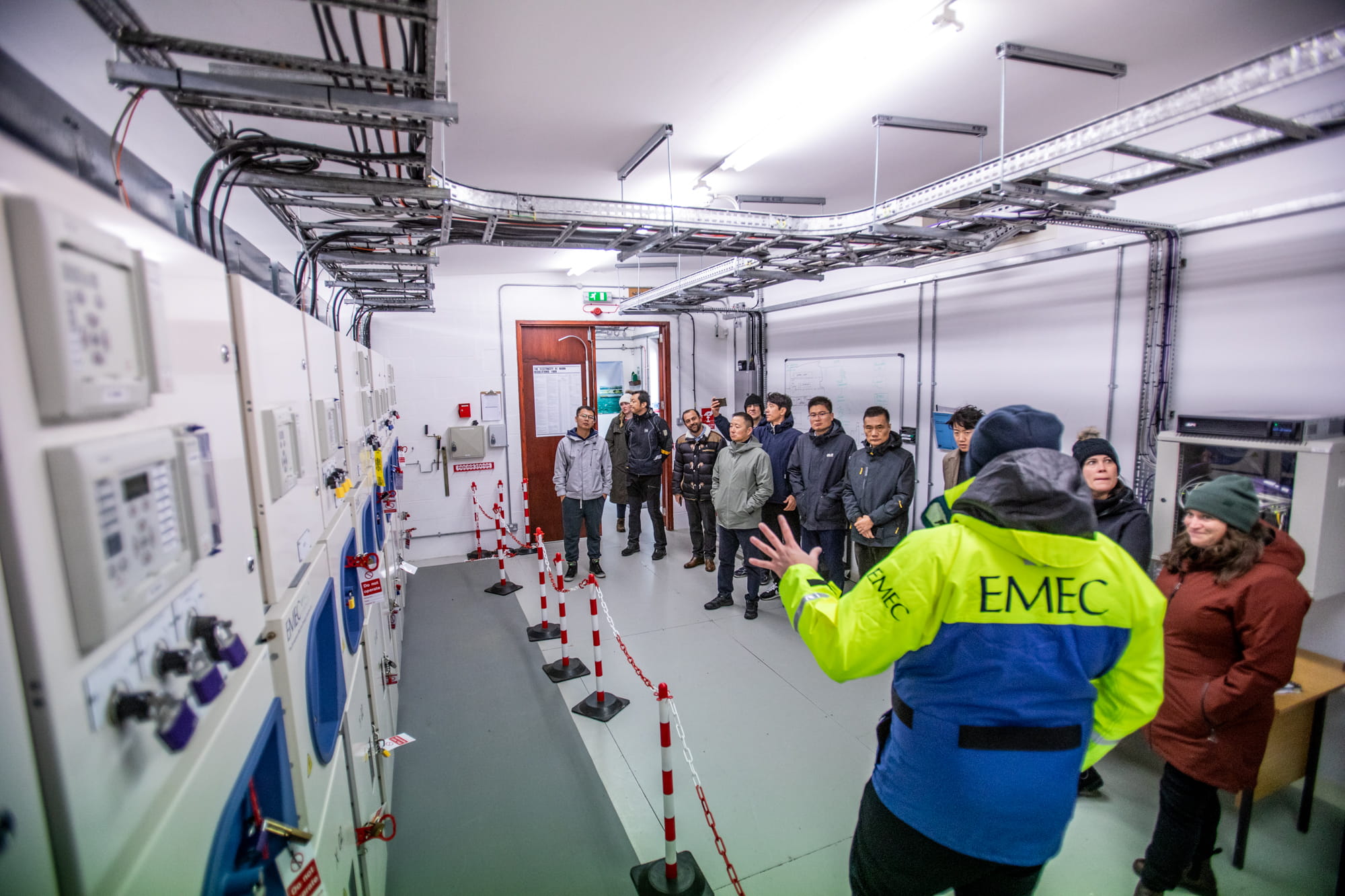About



Open-sea test centres are at the heart of the emerging wave and tidal energy industry.
Test centres help develop the sector in many ways. They help reduce costs and streamline test programmes for technology developers, are often the first to encounter regulatory barriers like permitting and are therefore a key node for knowledge sharing within the sector. They also provide a local/regional focal point encouraging job creation and supply chain growth.
The world’s first and leading marine energy test site, EMEC, established the International WaTERS (Wave and Tidal Energy Research Sites) network in 2013. As part of its 10th anniversary, EMEC hosted an International Test Centre Symposium in Orkney, Scotland, inviting operational and planned test sites from around the world to discuss common issues and agree actions for collaborating for the good of the marine energy sector.
Since then, the group has met annually. Today the network includes open-sea test centres from over 20 countries and over 30 test and research centres.
The network is supported by IEA-OES.
International WaTERS purpose and objectives
The purpose of International WaTERS is to drive collaboration and knowledge transfer between test centres and global regions.
Members learn directly from their peers about managing test sites to a high standard, and delivering high-quality research and demonstration programmes.
The objectives of the network are to:
- Share updates on progress and challenges;
- Identify common test site challenges and opportunities;
- Discuss key R&D topics;
- Identify actions to forge relationships and knowledge transfer between test sites.
The network has proven to generate collaborative research projects (for example the Interreg NWE OceanDEMO and BlueGIFT projects), and tangible knowledge exchange between test sites.